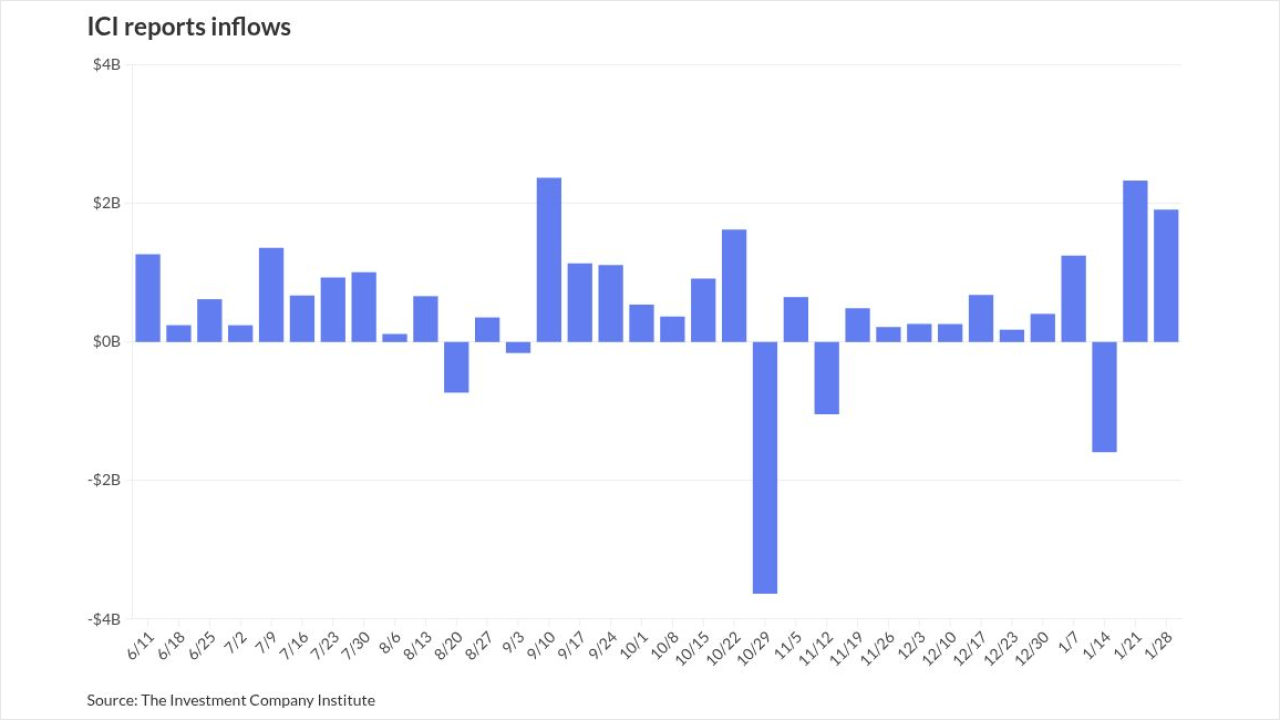
The Puerto Rico Oversight Board told the U.S. District Court for Puerto Rico Puerto Rico Electric Power Authority bondholders are not due a $3.7 billion administrative expense claim they are seeking.
The board asked District Court Judge Laura Taylor Swain to rule that PREPA's use of net revenues since the board put it in bankruptcy in September 2017 does not give the bondholders an administrative expense claim. The board asked that Swain act without convening an oral hearing and told her she should schedule disclosure and confirmation hearings at the earliest possible time.
The board made these requests in a supplemental brief filed Friday afternoon. Swain has given the bond parties until 5 p.m. Friday to respond to the board's requests and arguments.
The First Circuit Court of Appeals ruled in January
The board said the PREPA bonds' trust agreement and rulings by the First Circuit Court of Appeals say bondholders can only seek future net revenues as compensation for misappropriated net revenues and thus the bondholders can't look backwards and say there has been an unconstitutional taking of their property since the bankruptcy's start.
The bondholders claimed that PREPA's monthly operating reports issued since the bankruptcy constitute a legal "course of performance" stating what the authority's net revenues were. However, the board said these reports were explicitly presented as "interim financial information" that could be revised in audited figures.
While the U.S. Uniform Civil Code grants legal significance to courses of performance, Puerto Rico didn't adopt the UCC, the board said.
Though bondholders asserted the post-bankruptcy petition use of net revenues
According to the First Circuit Court, to be granted administrative expense priority, there must be a "post-petition transaction between the creditor and the debtor-in-possession" and that is not the case here, the board said.
On May 22 Swain asked the board and the bond parties to discuss what light three United States legal rulings have on whether and on what basis she might rule on the administrative expense claim without holding an oral hearing. The board told Swain none of the three rulings precluded Swain from ruling at this time without the hearing.





